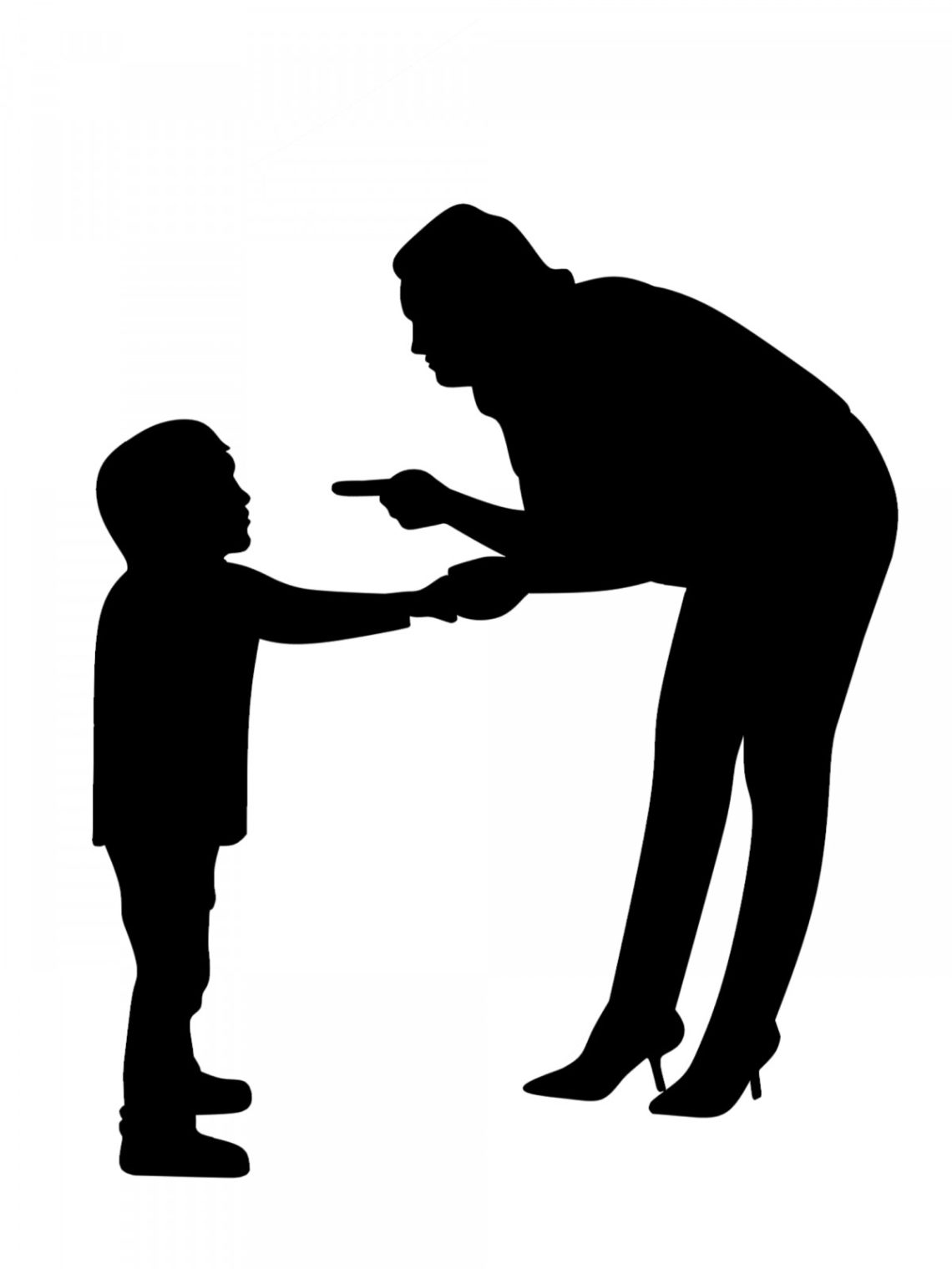
Upbringing Your Kids: Do Sanctions Benefit Them
Upbringing Your Kids: Do Sanctions Benefit Them
Summary
- Principle of a sanction
- Different types of sanctions
- Sanctions: choosing the right moment
A distinction must be made between sanctions and punishments. Punishment is the expression of a power relationship in which the adult exercises power over the child. On the other hand, a sanction is a consequence foreseen in advance of a transgression of the rules.
Principle of a sanction
A sanction is a consequence of breaking a rule: if a child has broken a rule that he knows and has knowingly broken, a sanction must be the consequence of that behavior, whether at school or home.
For a sanction to be fair, not only the rule but also the sanction must be:
- known in advance by the child;
- sufficiently clear to the child.
Therefore, a child under 2 years old is too young to understand the rules and the sanctions attached to them. Consequently, he cannot be sanctioned. Parents must use “no” to impose limits and transmit directions at this age.
Sanctions should be educational and constructive. They allow children to learn the rules of life in society. They must never be violent or humiliating, as this would be abuse.
Moreover, sanctions are not a miracle solution. If a child repeatedly breaks the rules, one must question the educational methods adopted up to that point or the child’s well-being. Non-compliance with the regulations may reveal a hyperactive child, especially if he has difficulties at school or is a depressed child. Transgression is a way to get attention.
Different types of sanctions

For a sanction to be educational and constructive, it can take three forms
Frustration: depriving the child of an object, a game, a pleasure, a benefit.
Isolation: isolating the child alone in a quiet place to reflect on his actions. Be careful, however, as isolation only makes sense if the child can return to the group later after reflecting.
Reparation: the adult must try to imagine with the child actions that can repair what has been done physically, mentally, or psychologically.
For a sanction to be optimal and beneficial, it must be related to the broken rule.
Moreover, each age has its sanction. During the adolescent crisis, many young people transgress family and civic rules. It is, therefore, frequent that a teenager needs to be sanctioned. But there is no need to put them in the corner like their 5-year-old sister. The sanction must be adapted to the teenager and be applied case by case: big mistake, hefty sanction, small mistake, minor sanction.
Sanctions: the right time
Children under 2-3 years old are not mature enough to understand the sanction and the rules. Therefore, there is no educational interest in sanctioning a young child.
After this age, when the child is old enough to understand, the sanctions can be immediate or delayed.
The sanction can be immediate when the rule has been clearly stated beforehand, and the child refuses to respect it.
The sanction can be deferred so that the adult has time to decide on the proper sanction and to avoid punishing in anger.
Note: deferring a sanction carries the risk of letting an act go unpunished.
Hope this post will be helpful to your family. Remember to share your experience in the comments below.
Read more:
- Is using rewards and sanctions to encourage good behavior a good idea?
- Disciplining Your Child.
- Cool Toddler Equipment: The Learning Sink;
- How to Potty Train Kids;
- Walking Baby: Tips for a Good Walk;
- How to Potty Train Your Baby;
- Tips on Infant Feeding;
- Benefits and Techniques of Massaging Your Baby;
- What Are the Child Awakening Stages;
- How Quickly Do Babies Pick Up Languages?
You May Also Like

The Very Best Biblical Scriptures for Children’s Sunday School
2022-11-09
Unmasking the Legal Consequences: Navigating Penalties for Child Abuse
2023-12-28


One Comment
Pingback: